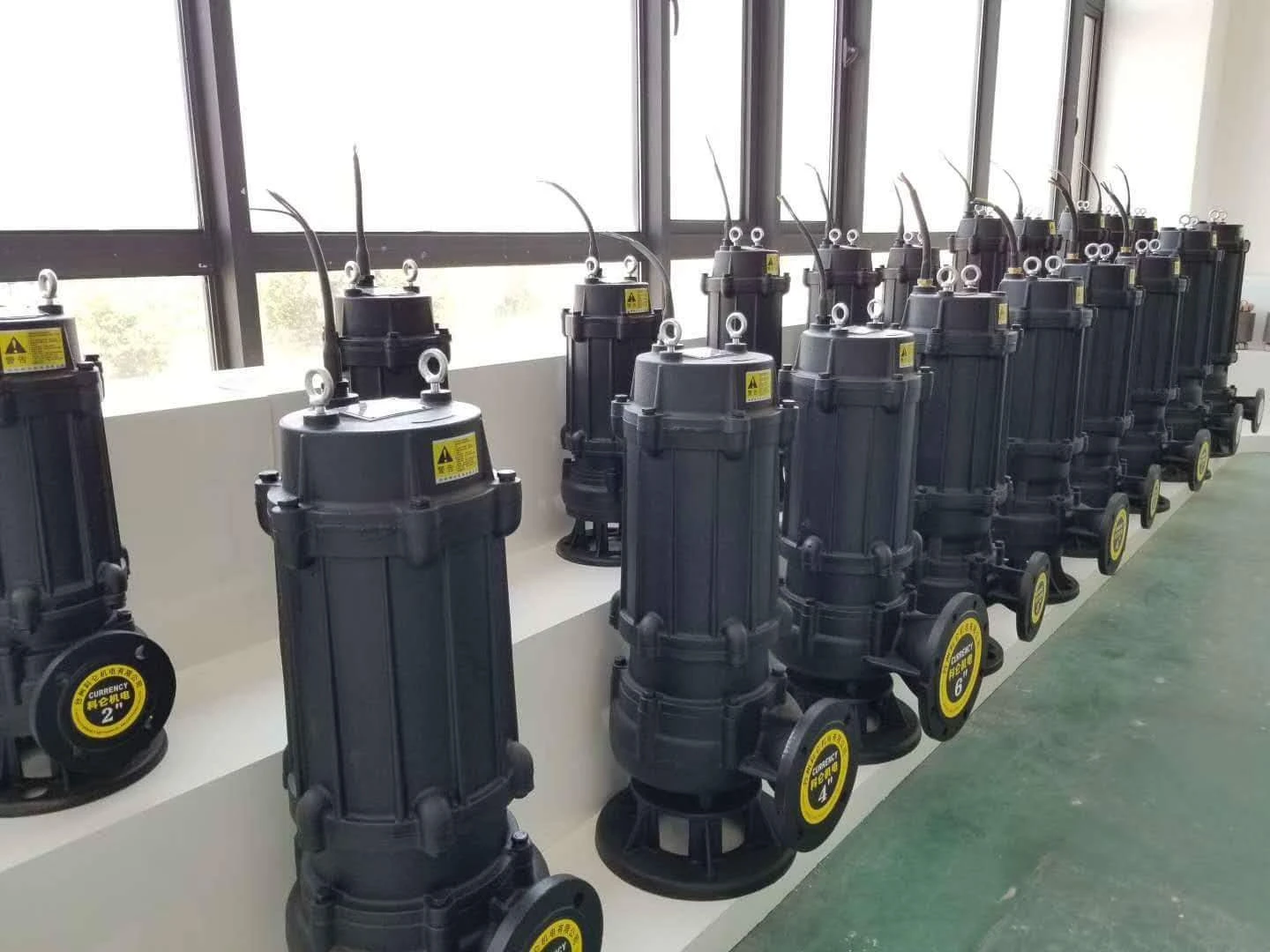Esperanto
- Afrikaans
- Albanian
- Amharic
- Arabic
- Armenian
- Azerbaijani
- Basque
- Belarusian
- Bengali
- Bosnian
- Bulgarian
- Catalan
- Cebuano
- Corsican
- Croatian
- Czech
- Danish
- Dutch
- English
- Esperanto
- Estonian
- Finnish
- French
- Frisian
- Galician
- Georgian
- German
- Greek
- Gujarati
- Haitian Creole
- hausa
- hawaiian
- Hebrew
- Hindi
- Miao
- Hungarian
- Icelandic
- igbo
- Indonesian
- irish
- Italian
- Japanese
- Javanese
- Kannada
- kazakh
- Khmer
- Rwandese
- Korean
- Kurdish
- Kyrgyz
- Lao
- Latin
- Latvian
- Lithuanian
- Luxembourgish
- Macedonian
- Malgashi
- Malay
- Malayalam
- Maltese
- Maori
- Marathi
- Mongolian
- Myanmar
- Nepali
- Norwegian
- Norwegian
- Occitan
- Pashto
- Persian
- Polish
- Portuguese
- Punjabi
- Romanian
- Russian
- Samoan
- Scottish Gaelic
- Serbian
- Sesotho
- Shona
- Sindhi
- Sinhala
- Slovak
- Slovenian
- Somali
- Spanish
- Sundanese
- Swahili
- Swedish
- Tagalog
- Tajik
- Tamil
- Tatar
- Telugu
- Thai
- Turkish
- Turkmen
- Ukrainian
- Urdu
- Uighur
- Uzbek
- Vietnamese
- Welsh
- Bantu
- Yiddish
- Yoruba
- Zulu
Telephone: +86 13120555503
Email: frank@cypump.com
dec . 22, 2024 11:32 Back to list
slurry pump applications
Applications of Slurry Pumps
Slurry pumps play a crucial role in various industries that require the transportation of mixtures of liquid and solid materials. The design of these pumps allows them to handle viscous fluids containing suspended particles, making them indispensable in numerous applications ranging from mining to agriculture. This article delves into the diverse applications of slurry pumps, highlighting their significance and functionality.
1. Mining and Mineral Processing
One of the primary applications of slurry pumps is in the mining industry, where they are used to transport slurries of water and mineral ores. These pumps are essential during the process of mineral extraction, where valuable metals and minerals are separated from the ore. Slurry pumps can handle abrasive materials and can be customized to operate under varying pressure and flow conditions, thus maximizing efficiency and reducing downtime.
In mineral processing, slurry pumps facilitate the movement of materials through various stages, including grinding, classification, and flotation. Their robust construction ensures they can withstand the harsh environments typical of mining operations, where they encounter corrosive and abrasive materials.
2. Dredging
Dredging involves the removal of sediment and debris from the bottom of bodies of water, primarily for navigation, land reclamation, or environmental restoration. Slurry pumps are pivotal in this industry as they can efficiently transport the dredged material — often a mixture of sand, silt, and water — to designated disposal areas. Their ability to manage high volumes of slurry makes them ideal for dredging operations that require quick and efficient material handling.
3. Wastewater Treatment
In municipal and industrial wastewater treatment facilities, slurry pumps are employed to transport sludge and other thick mixtures generated during the treatment process. These pumps facilitate the movement of both raw wastewater and treated effluent, ensuring that contaminants are effectively removed and processed. The use of slurry pumps in wastewater treatment is critical for maintaining the efficiency of treatment plants, as they enable the effective removal of solids that can disrupt downstream processes.
slurry pump applications

4. Chemical Processing
The chemical industry often deals with slurries produced during various manufacturing processes. Slurry pumps are used to transfer volatile and corrosive materials, including acids and alkaline solutions mixed with solids. Their ability to handle a wide range of chemical compositions ensures the safe and efficient movement of these materials within chemical plants. Additionally, they play a role in the recycling and recovery of valuable materials from waste streams, supporting sustainability initiatives.
5. Agriculture
In agriculture, slurry pumps are valuable for transporting liquid manure and other organic slurries. These pumps facilitate the application of fertilizers and nutrients to fields, enhancing crop yield and promoting sustainable farming practices. By efficiently moving slurry from storage tanks to application sites, these pumps help optimize the fertilization process while minimizing environmental impact.
6. Pulp and Paper Industry
The pulp and paper industry also relies on slurry pumps to transport wood chips, pulp, and waste material throughout the production process. Whether it involves moving wet pulp to the digestion stage or managing waste slurries for disposal, these pumps are integral to maintaining the flow of materials and ensuring operational efficiency.
Conclusion
Slurry pumps are vital components across various industries, enabling the efficient transport of mixtures containing liquids and solids. Their robust design and versatility make them suitable for diverse applications, from mining and dredging to wastewater treatment and agriculture. As industries continue to evolve and seek innovative solutions for material handling, the importance of slurry pumps will only continue to grow, reinforcing their status as essential tools in modern industrial processes.
-
High-Performance Air Pumps for Sand & Gravel | Efficient Transport
NewsAug.03,2025
-
ISG Series Vertical Pipeline Pump - Chi Yuan Pumps Co., LTD.|Energy Efficiency, Corrosion Resistance
NewsAug.03,2025
-
ISG Series Pipeline Pump - Chi Yuan Pumps | Energy Efficiency&Compact Design
NewsAug.03,2025
-
ISG Series Vertical Pipeline Pump - Chi Yuan Pumps Co., LTD.|High Efficiency, Low Noise, Durable
NewsAug.02,2025
-
ISG Series Vertical Pipeline Pump - Chi Yuan Pumps | High Efficiency, Low Noise
NewsAug.02,2025
-
ISG Series Vertical Pipeline Pump- Chi Yuan Pumps Co., LTD.|High Efficiency&Compact Design
NewsAug.02,2025










